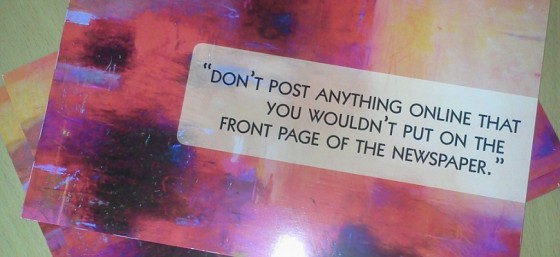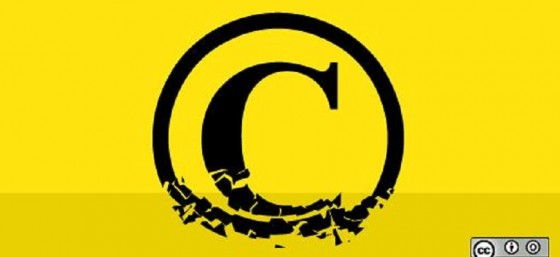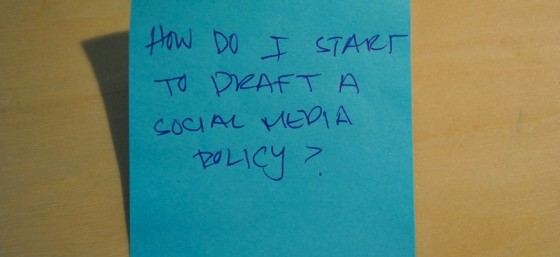
Last week a friend asked me if a business could trademark their name. Anyone who’s spent much time with me knows that the answer to every legal question is “It depends.” In this case it depends on whether your business name is trademarkable and if anyone else had claimed the same or a similar name for your category of goods or services.
When you start a business, check the U.S. Patent and Trademark Office (USPTO) database to see if anyone has registered the name you want to use (or a similar one) for selling the same goods and services as you. If someone’s already using the name you want, you will likely be infringing on their trademark rights if you use the name on your products. They could force you to change your name and rebrand if you use the name that someone’s already registered. If you were using the business name on your products and someone registers the name before you, you’ll be in the Burger King situation where you can keep using your name, but only in your established market.
Once you establish that your desired name hasn’t been registered by someone else, you have to look at whether the name you want is trademarkable. Not every business or product name can be a registered trademark. Here are the five types of trademarks.
1. Fanciful Marks: Fanciful marks are words that didn’t exist before you stuck it on your products. Examples include Exxon and Kodak. These marks can be registered with the USPTO main registry.
2. Arbitrary Marks: Arbitrary marks are words in real life, but they are stuck on a product that has no connection to the word. For example, the mark “Apple” for computers, cell phones, and digital music players is an arbitrary mark. The fruit has nothing to do with digital machines and gadgets. These marks can be registered with the USPTO main registry.
3. Suggestive Marks: Suggestive marks are marks where if you think about it, you can make a connection between the mark and the product. “Playboy” as a mark for a men’s magazine is a suggestive mark. These marks can be registered with the USPTO main registry. It’s sometimes hard to discern the difference between suggestive and descriptive marks.
4. Descriptive Marks: Descriptive marks merely describe the product. This includes businesses where the owner names the business after themselves. These marks can be registered on the USPTO main registry after they’ve established “acquired distinctiveness,” which usually means you’ve been using the mark for five years.
5. Generic Marks: Generic marks are the name of the products themselves. It would be if you had an apple orchard and wanted to sell your apples using the mark “Apples.” If the USPTO let you register that mark, no other apple farmers could call their apples “apples” without infringing on your trademark rights. Generic marks can never be registered with the USPTO.
This video may help. You can watch it below or see it here.
If you want to know if your business name can be your trademark and the risks and rewards surrounding registering your mark, contact a trademark attorney in your community.
You can connect with me on Twitter, Google+, Facebook, YouTube, LinkedIn, or you can email me.
You can also subscribe to the Carter Law Firm newsletter.
Please visit my homepage for more information about Carter Law Firm.










